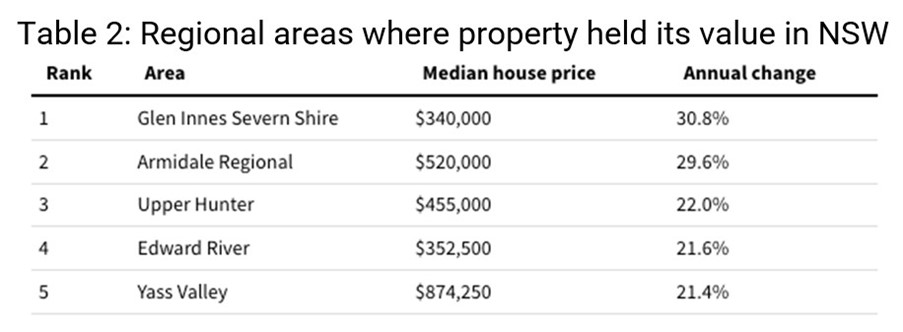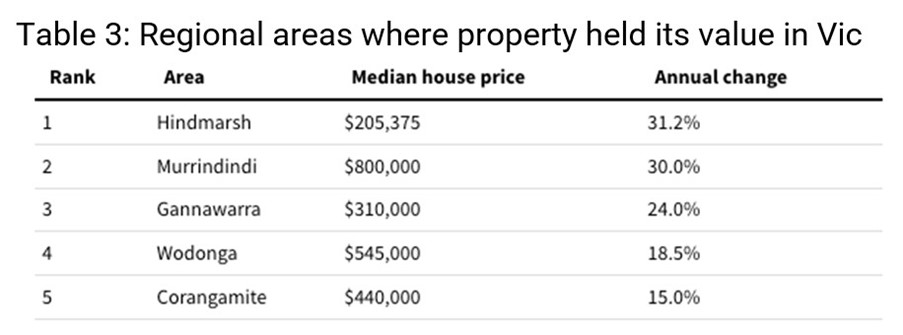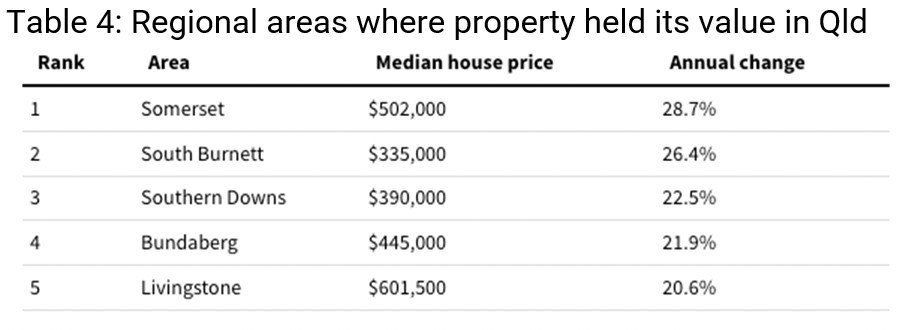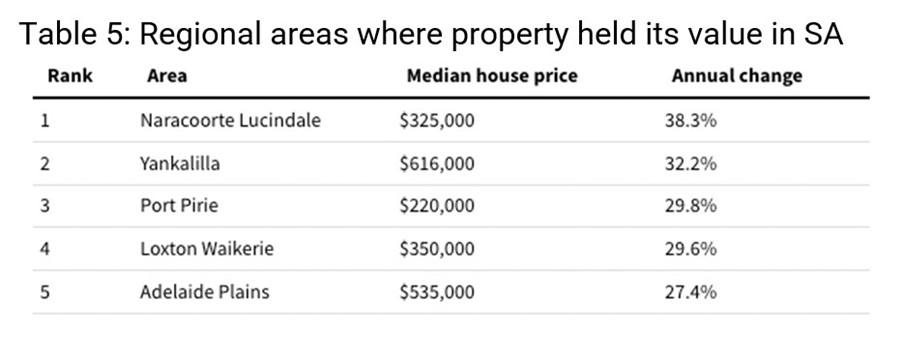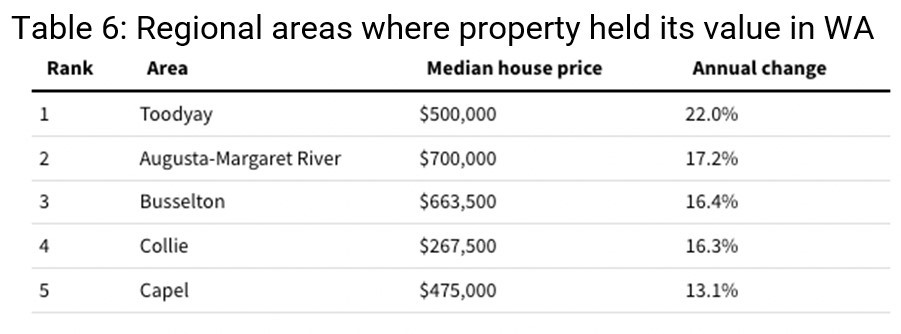From our Jobs Partner Seek
The Great Job Boom continues to bring more opportunities for workers across Australia – so now could be an ideal time to not just move roles but find a new job that brings you greater satisfaction.
Job ads on SEEK were up by more than 30% in August 2022 compared to the same time the previous year, but applications per job ad are down month-on-month, so the market is in your favour.
Which jobs are the most satisfying for workers? We’ve gathered data on the most satisfying roles on SEEK across Australia from the past two years – click here to find out more.

Drivers of job satisfaction
Job satisfaction is now even higher on the must-have list for workers. SEEK’s Resident Psychologist Sabina Read says COVID-19 has given us the opportunity to reflect and reassess what we want to do in our lives.
“Before COVID, we may have had some awareness of our values and priorities, but we were less likely to honour them,” she says. “That’s changed, and it makes job satisfaction even more important to us.”
What are the key drivers of job satisfaction? Read has defined a list of 10 key ingredients.
- Purpose
A sense of purpose comes from knowing your work is impacting others in meaningful ways.
“Purpose is a powerful driver of job satisfaction,” says Read. “It doesn’t matter about the seniority or the industry – you could be clearing tables in a restaurant or working in high-level strategic role. Everyone wants to feel that their work matters and is making a difference to others.”
- Sense of belonging
Do you feel that you can be yourself at work and that you’re an important part of the team?
“When we feel that it’s safe to bring all of ourselves to work, we feel a strong sense of belonging,” says Read. “And when we feel a sense of belonging, I think it’s pretty safe to say that most humans will have a higher chance of thriving.”
- Work-life balance
Work-life balance is about having a sense of control to live the life that you really want.
“If that means having enough time outside of work for art classes, for instance, then that will be an important consideration in the way you carve out your work life,” says Read. “There’s a preconception that work-life balance is only the domain of parents or people with caring responsibilities. That’s a myth that needs to be kicked to the curb. We all need to have these boundaries to live the life we want.”
- Career progression
Not everyone wants to be a CEO, but career progression is an important element of job satisfaction.
“Career progression is an indication that what we are doing is creating change,” says Read. “It’s a barometer of growth.”
- Salary
Money might not be everything, but it matters. In terms of satisfaction, Read says the key is whether we think we’re getting paid fairly.
“Salary matters most when we feel we are unfairly remunerated. When there’s a sense of fairness, additional dollars don’t necessarily correlate with higher levels of satisfaction.”
If you’re unsure of the average salary for a role, SEEK’s guide to salaries could be a good place to start.
- Job security
It’s hard to promise job security, especially in times of economic instability, but Read says there are signals that make you feel confident that your role is here to stay.
“Is there a sense of stability in an organisation? How did they treat people during the early stages of COVID? What’s the average longevity of its employees? Job security taps into a deep psychological need to be looked after if things get tough.”
Here are some questions to ask about job security in an interview.
- Relationship with manager and colleagues
When there’s a grievance at work, Read says it’s usually relationship based.
“As a result, we have to assume that when relationships are going well, they lead to higher levels of satisfaction. It allows us to focus on other areas of our work, because we are not feeling the need to people-please, or put out fires or negotiate conflict.”
- Learning and development
If work feels meaningful, we generally want to improve the way we do it. Read says people are “hardwired to learn”.
“I think people should be thinking broadly about what learning and development means to them. It’s not just about traditional educational opportunities. I’ve seen organisations give people learning opportunities outside the scope of the role, and it’s created a sense of inspiration, satisfaction and energy.”
- Variety at work
Variety doesn’t require changing roles every few months, but it’s satisfying to try something new.
“Variety at work is about building on your existing skill set,” says Read. “When we can do that in a job, we naturally build higher levels of diversity in tasks and styles of work.”
- Workplace culture
Many employers talk about their ‘strong workplace culture’, but what does it mean in practice?
“When you feel that what you value most dearly – whether that’s a sense of trust, connection, growth or giving back – doesn’t match the values of an organisation, you start to feel eroded. In your next job interview, my tip is to ask this question: ‘How do you know when the culture here is thriving?’ It’s easy to say that an organisation has a really strong culture, but that’s just words.”
Job satisfaction is a higher priority for workers – and the Great Job Boom is encouraging employers to re-prioritise their retention efforts in a bid to keep great talent.
“I think employers are curious about how they can meet the needs of either existing or new talent,” says Read. “The other thing to remember is that employers are people too. We’ve all been through a collective global experience, and we’ve all taken time to reflect on our values. This means job satisfaction is also more important for managers and leaders and hirers.”
Switching jobs or roles – or even trying a whole new industry – may give you the greater sense of satisfaction you’re looking for. And with workers in high demand, you’re in the box seat to find the job you really want.

